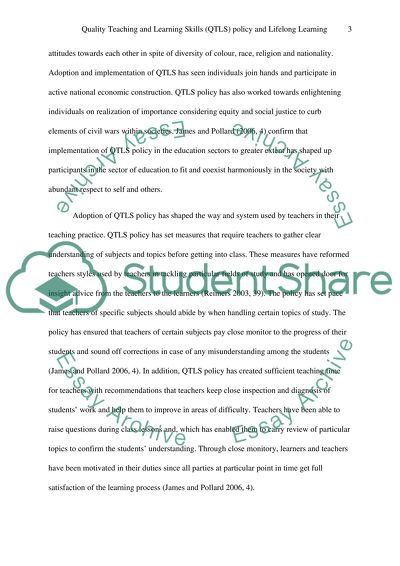Cite this document
(“Government Policy in The Life Long Learning Sector/Further Education Essay”, n.d.)
Government Policy in The Life Long Learning Sector/Further Education Essay. Retrieved from https://studentshare.org/education/1433604-government-policy-in-the-life-long-learning-sector
Government Policy in The Life Long Learning Sector/Further Education Essay. Retrieved from https://studentshare.org/education/1433604-government-policy-in-the-life-long-learning-sector
(Government Policy in The Life Long Learning Sector/Further Education Essay)
Government Policy in The Life Long Learning Sector/Further Education Essay. https://studentshare.org/education/1433604-government-policy-in-the-life-long-learning-sector.
Government Policy in The Life Long Learning Sector/Further Education Essay. https://studentshare.org/education/1433604-government-policy-in-the-life-long-learning-sector.
“Government Policy in The Life Long Learning Sector/Further Education Essay”, n.d. https://studentshare.org/education/1433604-government-policy-in-the-life-long-learning-sector.


